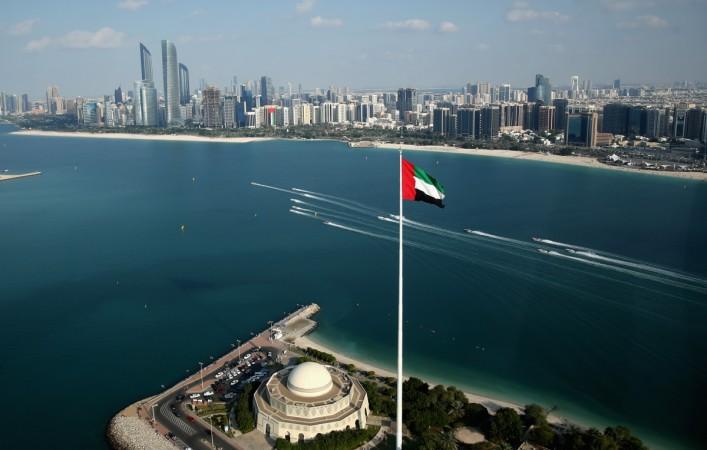
Archaeologists in Abu Dhabi have discovered the oldest known natural pearl in the world from a Neolithic site on Marawah Island. Dubbed the 'Abu Dhabi Pearl', the 8,000-year-old gemstone was unearthed from the island, which is 170 kms away from the United Arab Emirates' (UAE) capital city of Abu Dhabi.
The significant discovery shows that pearls and oysters were being used in the UAE nearly 8,000 years ago.
The pearl, which dates back to 5800-5600 BC, was found on the floor of a room discovered during an excavation at the site, which is made up of several collapsed Neolithic stone structures, including ceramics, vessel fragments, beads made from shell and stone.
"The discovery of the oldest pearl in the world in Abu Dhabi makes it clear that so much of our recent economic and cultural history has deep roots that stretch back to the dawn of prehistory," Mohamed Al Mubarak, chairman of Department of the Culture and Tourism (DTC) Abu Dhabi told AFP news agency.
String Of Discoveries
The latest discovery comes after it was evidence of a sophisticated Stone Age village that once thrived in Marawah were revealed.
The historically significant pearl will feature in the forthcoming Louvre Abu Dhabi exhibition '10,000 Years of Luxury', which is opening on October 30 at the Louvre Abu Dhabi.
Experts indicate that ancient pearls were possibly traded with Mesopotamia in exchange for highly-decorated ceramics and other goods.
The island people knew navigation and how to herd sheep, fish, make jewellery and even create decorative art.
The oldest known pearl in the UAE. prior to this discovery, was believed to be 7,500 years old and found at a Neolithic site in Umm Al Quwain.
These archaeological sites on Marwah island were first identified in 1992 during a survey carried out by the Abu Dhabi Islands Archaeological Survey. Ancient pearls from the same time have also been found at a Neolithic cemetery close to Jebel Buhais in Sharjah.





!['Lip lock, pressure, pyaar': Vidya Balan- Pratik Gandhi shine in non-judgmental infidelity romcom Do Aur Do Pyaar [ Review]](https://data1.ibtimes.co.in/en/full/797104/lip-lock-pressure-pyaar-vidya-balan-pratik-gandhi-shine-non-judgmental-infidelity-romcom.jpg?w=220&h=138)








